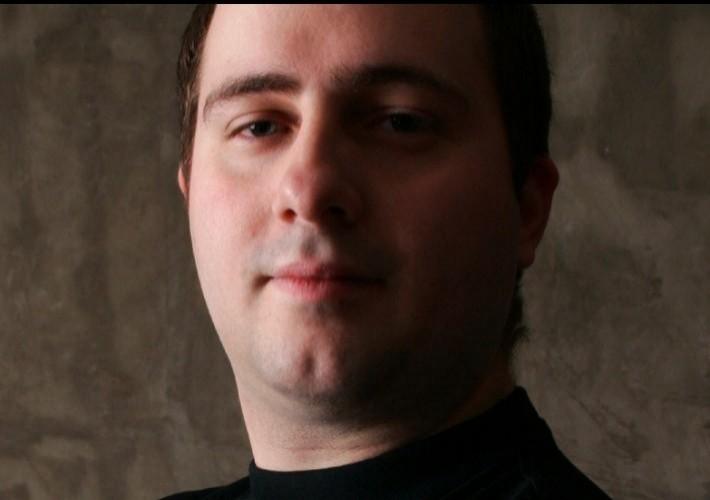Well, the tech guys want us to believe that the algorithm is that magic thing that can actually predict the future in the big data world. Maybe in a George Orwell future, it can, but I really don’t want to live there.
I got this idea for this text from a press release of another company doing a site with an algorithm that goes on the mood. In this case for sync placements. For me, this feels like 2010 when several companies did the same thing. If you really want that search engine to go top Spotify then find the people that just want mood playlists. And yes, sad playlists are the most popular right after workout playlists. The problem that is now occurring on Spotify is that the audience is not really listening to the music they just use it as background music on other things. It’s like the music in the ceiling of the supermarket. It’s there but no one cares what it is; you are too busy shopping.
What an advertising firm really wants is not just mood music, it’s a cool artist with it. And if they can find someone as cool as Taylor Swift for no money at all they will take it. But how can an algorithm find a cool artist? And especially a cool artist when they have a low budget?
It’s all about the future.
Let say I have an unknown Canadian band with a really nice song. But I also know that this band is booked for these three cool festivals. Also, I know they are recording a new album that is released around the same time as the commercial and on top of that, I know they will be in the sofa of the best morning show. This info is really crucial. But the algorithm will only find this out (if ever) when it already has happened. This is not written in any public records. And when it has happened, it’s dead on arrival. Yes, knowledge is power.
So, the only way an algorithm would know if its eavesdrops on you. Or for speaking out loud, spying on you. Yes, we have all that experience that you talked to a friend about new speakers for the living room and boom hours later you get online commercials just around speakers. We know that big companies listen to us with their speakers, on our phones, etc. Even though none of them would admit it.
But that is the only way that an algorithm would have a chance to predict any future. Because if it just gets to the info when you search for these speakers online, the chance is just that you also bought them and the commercial you get later on is just annoying since you just bought your new speakers.
This only goes for really big companies like Google, Amazon, Microsoft. It won’t work when you need special people like supervisors. That is too narrow to get into. Spotify is too small to eavesdrop on you. And how on earth would they find out when you really start to like a song or a new artist? If that is going to happen the algorithm has to be implemented in your brain. And I hope we have sense enough to stay away from that.
The algorithms today mainly just go by old info. The algorithms would say that this artist is totally out, but don’t know that the artist might just write the song of their lives. In that way recommended the whole wrong thing to the buyer. They would have loved to be part of that great song that just was written and have their brand connected to it. The artist might have liked the brand and could get some extra marketing money for it. I would have seen the algorithm that could predict that Queen was taking over Live Aid 1985. They were counted out as going away. But their live experience took over and they came out as a new hot band.
I hope we never go so far that the algorithm should be able to predict the future. It’s enough that it spies on what we do and learn from that. That is still a guess, to leap that it can read us is not a pleasant thought.
Editor’s Note: Peter Åstedt has been working in the music industry for over 30 years. He has started record labels, distribution systems, and publishing companies. Peter also runs several major showcase festivals and is an advisor for INES and co-founder of MusicHelp/Discover Sensation. He has worked with the Top Ten most streamed songs and had music on both the Olympics and SuperBowl. Peter has currently taken up the seat of Station Manager of Cashbox Radio, working with MD, PD and station owner, Sandy Graham.
For more visit: https://musichelp.se/discover-sensation/



